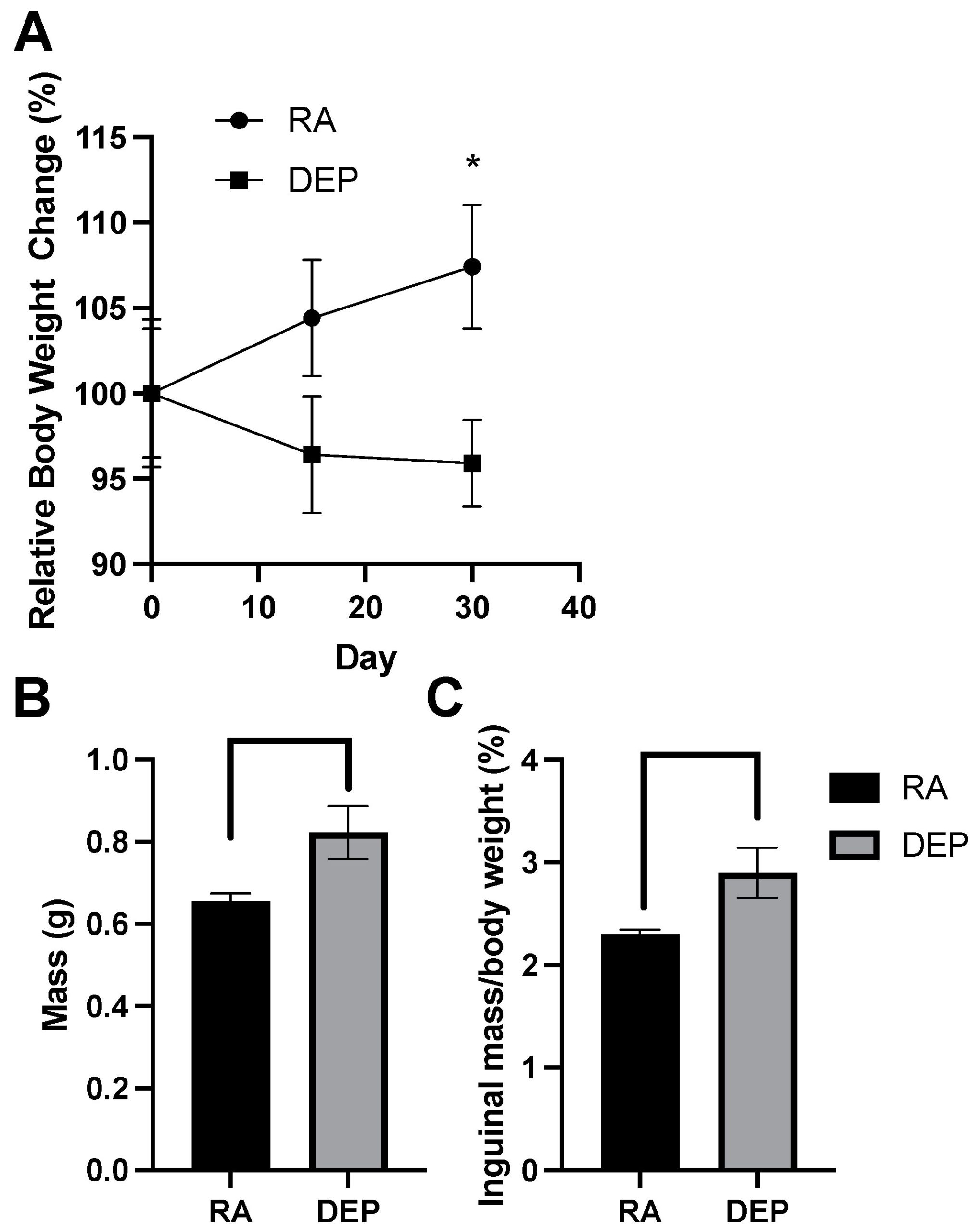The ketogenic (keto) diet may lower testosterone levels in women with polycystic ovary syndrome (PCOS), according to a new paper published in the Journal of the Endocrine Society.
PCOS is the most common hormone disorder in women, affecting 7-10% of women of childbearing age. It can cause infertility and raises the risk of developing diabetes, obesity and other metabolic health problems.
Women with PCOS have at least two of these signs:
- Elevated levels of testosterone and other androgen hormones associated with male reproduction,
- Irregular periods, and
- Large ovaries with many small follicles.
The keto diet is a high fat, low carbohydrate diet that has shown promising effects in women with PCOS. Research has found it may help women lose weight and maintain weight loss, improve their fertility, optimize their cholesterol levels and normalize their menstrual cycles.
“We found an association between the ketogenic diet and an improvement in reproductive hormone levels, which influence fertility, in women with PCOS,” said study author Karniza Khalid, M.B.B.S., M.Med.Sc., of the Ministry of Health Malaysia in Kuala Lumpur, Malaysia. “These findings have important clinical implications, especially for endocrinologists, gynecologists and dieticians who, in addition to medical treatment, should carefully plan and customize individual diet recommendations for women with PCOS.”
The researchers conducted a meta-analysis of clinical trials in women with PCOS on the keto diet and examined the diet’s effects on their reproductive hormones (follicle stimulating hormone, testosterone and progesterone) and weight change.
They found women with PCOS who were on the keto diet for at least 45 days saw significant weight loss and an improvement in their reproductive hormone levels. Their follicle-stimulating hormone ratio was lower, which means they may have a better chance of ovulating. The women also had lower testosterone levels, which could help with excess hair growth and other symptoms of excess male sex hormones.
The other authors of this study are Saraswathy Apparow, Irma Liyana Mushaddik, Amalina Anuar and Anasufiza Habib of the Ministry of Health Malaysia; and Syed A. A. Rizvi of Larkin University in Miami, Florida.
The study received no external funding.

